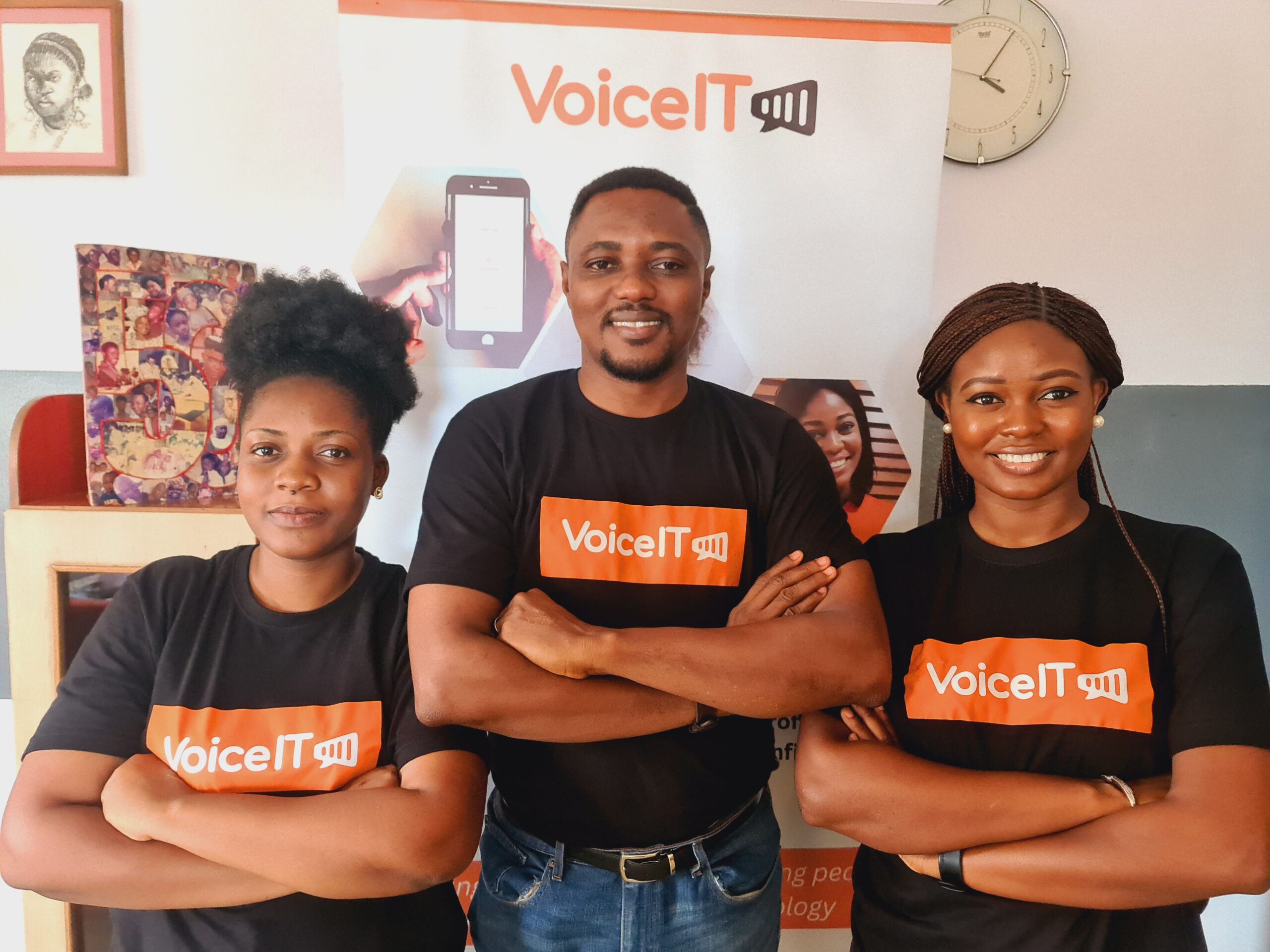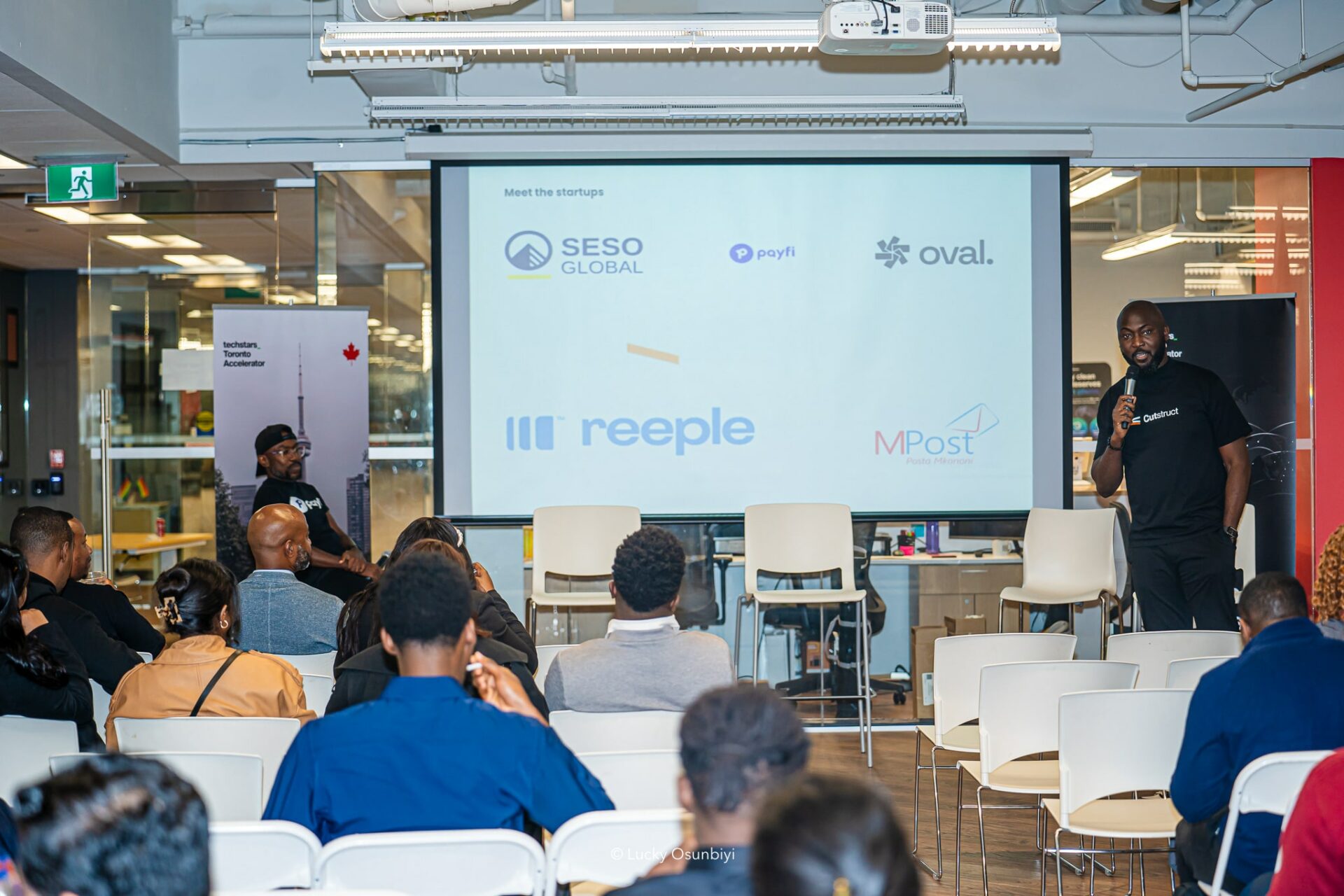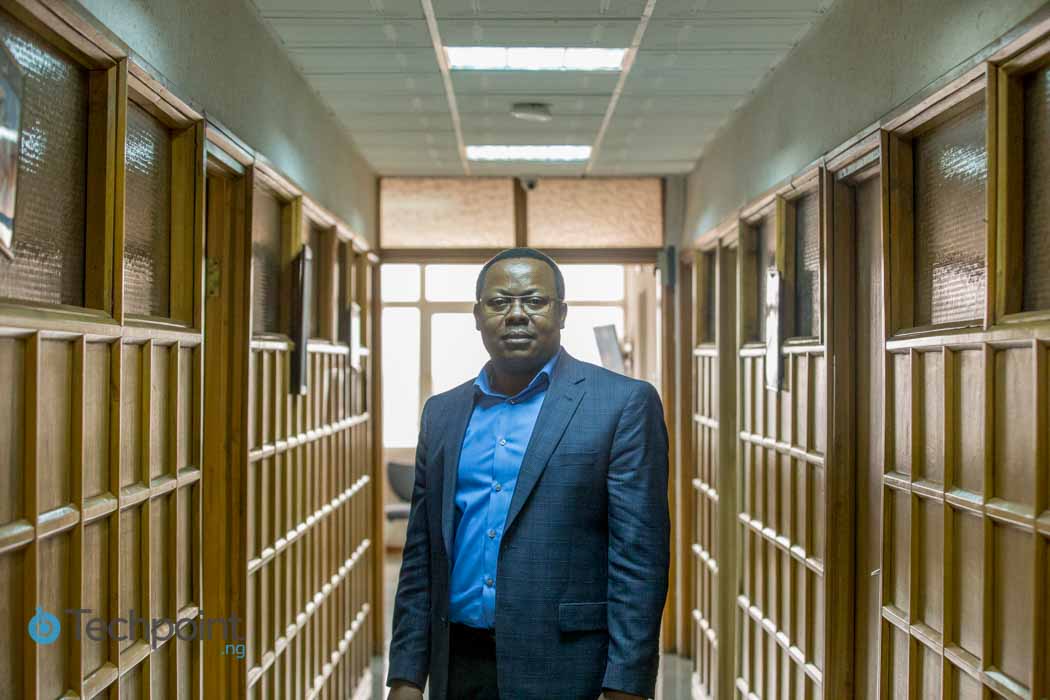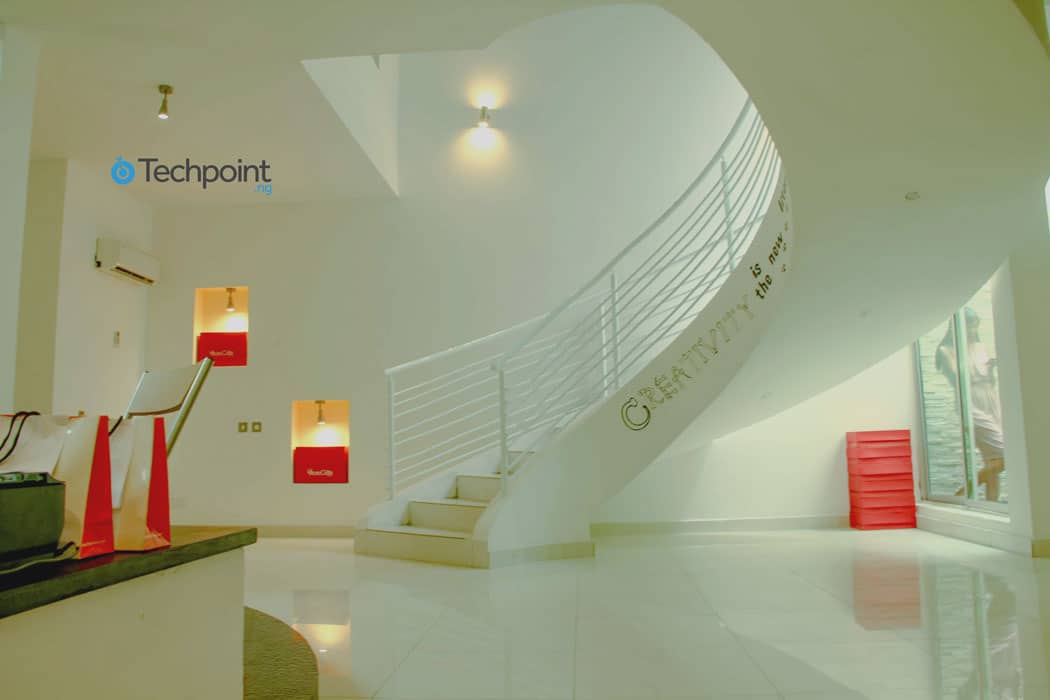It's a cliché in business circles that the easiest way to get an entrepreneur's attention is to show how their business can make or save more money. But for many businesses in Africa, spending is an arbitrary process occurring with little or no attention to detail.
Take spend management for example. The average business has to make payments to vendors or suppliers, pay for maintenance of equipment, pay salaries or reimburse employees for official expenses, and rent. That's in addition to other expenses such as software costs, training programmes, and one-off payments.
Historically, many African businesses have depended on manual methods to manage their finances. Others use tools like Microsoft Excel or Google Sheets. Unsurprisingly, vital details frequently slip through the cracks even for the most diligent people.
Furthermore, paper records can be manipulated, stolen, or lost. While the process is slightly easier for businesses that use tools like those mentioned above, it is still a laborious error-prone process.
As Internet and smartphone penetration has grown in many parts of Africa, a slew of startups have thrown their hats in the ring, eager to provide a reliable solution for the over 40 million businesses on the continent.
Flex Finance, a spend management startup founded by Yemi Olulana, is one of such startups, and hopes to ease the process for African businesses, tapping into an estimated $4.2 trillion worth of B2B spending.
Why is spend management a big deal?
One of the most important benefits of spend management is cash flow management. By accurately tracking a business' finances, entrepreneurs can avoid unnecessary or unproductive spending and possibly improve profitability in the long run.
Spend management can also help businesses decide how to allocate their budget, negotiate better terms with suppliers, and plan effectively.
For many African businesses, the use of manual solutions means they struggle with properly managing their finances. For them, Flex Finance provides an all-in-one solution.

Join over 3,000 founders and investors
Give it a try, you can unsubscribe anytime. Privacy Policy.
Businesses can track expenses, disburse payments, create spending accounts with approved limits, and issue virtual dollar cards to employees. In addition, it provides businesses with an overdraft facility to cover expenses.
Imagine a business with 50 employees who spend money on behalf of the company.
Without solutions like Flex Finance, employees have to manually place a request which an accountant or any approved staff has to approve manually. Many companies collect all of this data in multiple places, which they may lose, but even when that doesn't happen, not having all the required information on one platform could be burdensome.
Road to 50 million jobs
Olulana says that starting Flex Finance was a natural step in his goal to create 50 million jobs in Africa by empowering 50,000 companies to grow to the level where they can employ a thousand people.
Over the past decade, Olulana has founded or co-founded a number of startups, including Giddiphones — a classifieds marketplace for smartphones — and RouteKing. Some of his experience has also come in the blockchain sector where he worked on business and consumer products.
After exiting his last venture, he spent some time talking to business owners, and discovered that while they understood how money came into their businesses, they were unaware of the ways they spent or lost money.
Flex Finance is not the only startup that sees an opportunity in helping African businesses manage their finances. Sava — a South African startup that raised $2 million in 2022 — and Bujeti, a YC-backed company are just two direct competitors. Other startups like Bento and FairMoney provide some of the same services that Flex Finance offers.
With some of Flex Finance's products looking similar to those of other businesses, Olulana explains the three-year-old startup's mission.
"There are two types of business spend. There's the payroll and non-payroll spend. The problem that Flex solves for businesses is we help them manage non-payroll spend, [which is in] two categories — employee reimbursement and vendor payment.
"Despite digitising many aspects of their operations, most businesses still handle this part manually, leading to a waste of time and money. Flex is able to position itself as the central nervous system of a business, helping them to manage non-payroll spend."
Since its launch, Flex Finance has been used by more than 2,000 businesses in Nigeria, including Sporting Lagos, TalentQL, and Pricepally. But while its solutions work for businesses of all types, Olulana says that Flex Finance is highly focused on digitally enabled businesses.
"We do not serve micro SMEs. We serve formal SMEs, startups, and mid-level enterprises. We find that segment of the market is a fast-growing section in the region. With the wave of digitisations and this market segment being early adopters of technology, we expect that segment to continue to grow."
Flex Finance charges a 0.1% fee capped at ₦50,000 for all businesses that use the platform, while transactions above ₦200 million get a custom fee.
With many finance tools for businesses being built, Olulana stresses that Flex Finance's goal is to provide clarity for its customers, empowering them with insights to make more data-driven decisions.
"We had one of our businesses that was able to spot how much they were spending on a particular vendor and realised they could renegotiate certain terms and save money on that vendor relationship. Prior to Flex, they didn't have that level of insight on their business spending and we've seen several cases like that of businesses being able to expand their operations because they now have more visibility into their operations."
The startup has raised more than $500,000 from investors such as The Mastercard Foundation, Catalyst Fund, LoftyInc Capital Management, Berrywood Capital, and Gumroad CEO, Sahil Lavingia. However, Olulana explains that it is not in a hurry to raise more capital. "We're well capitalised and growing extremely fast. We have good cash flow from our customers that are running our operations and yes, we are lucky to be backed by some of the world's leading investors. We're well capitalised to go on this mission to empower businesses in Africa."





















